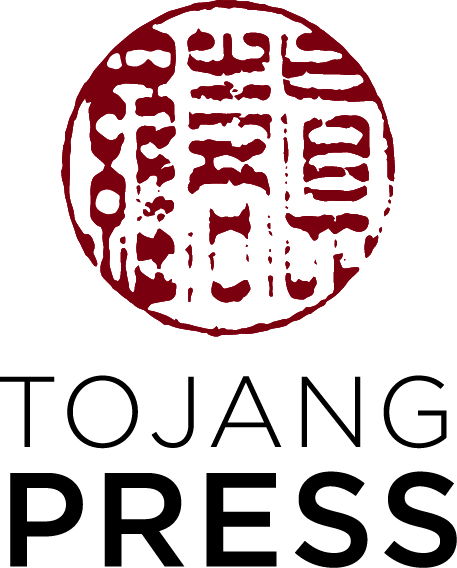Available on Amazon.com
When her American family returns to the U.S. after sixteen years in South Korea, Liz is a hidden immigrant. Her mixed-up cultural identity is veiled behind the face of the girl down the street. She’s the granddaughter of upper-class Americans, but her homeland is a divided Asian peninsula of neon-lit cities, five-hundred-year-old palaces, and army dictators. Rice tells the story of her life in South Korea from ages nine months to sixteen, the influence of the tragedy and tension of the Korean peninsula, and the story of her parents, who walked arm-in-arm with social activists during South Korea’s democratic revolution. Told with honesty and humor, Rituals of Separation captures the tension of living between identities, the deep longing for home, and the determination to find healing in the face of unrecoverable loss.
Praise for Rituals of Separation:
“Told with unflinching honesty Rituals of Separation perfectly captures the untethered nature of being torn between two cultures. Part memoir, part history, Rice expertly weaves the tale of her parents, her own childhood, and the experiences of the Korean people during those tumultuous years into a highly readable and enjoyable book. Once I started it, I could not put it down, and I have gone back time and again to re-read it…”
“I have been reading this book while alternately weeping and laughing. I can see the neighborhoods, smell the soup, feel the cold of permafrost winters of our dear homeland. I was never so surprised after a couple hours to look up and find myself in Tennessee! Thank you for wording our sense of double belonging.”
“A beautifully written memoir about transitions and belonging. People who have lived internationally, especially as children, will appreciate the author’s descrption of sorrow and loss of culture and community. Knowing someone else has gone through the transition, will help others through the grief process.”
“Rituals of Separation is ultimately a joyous celebration of the ‘in between’ and will speak deeply to those whose identity was forged between and across divergent cultures and places.”


